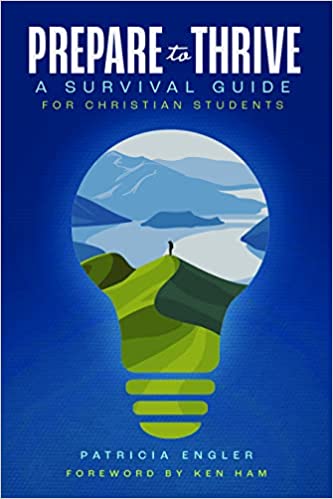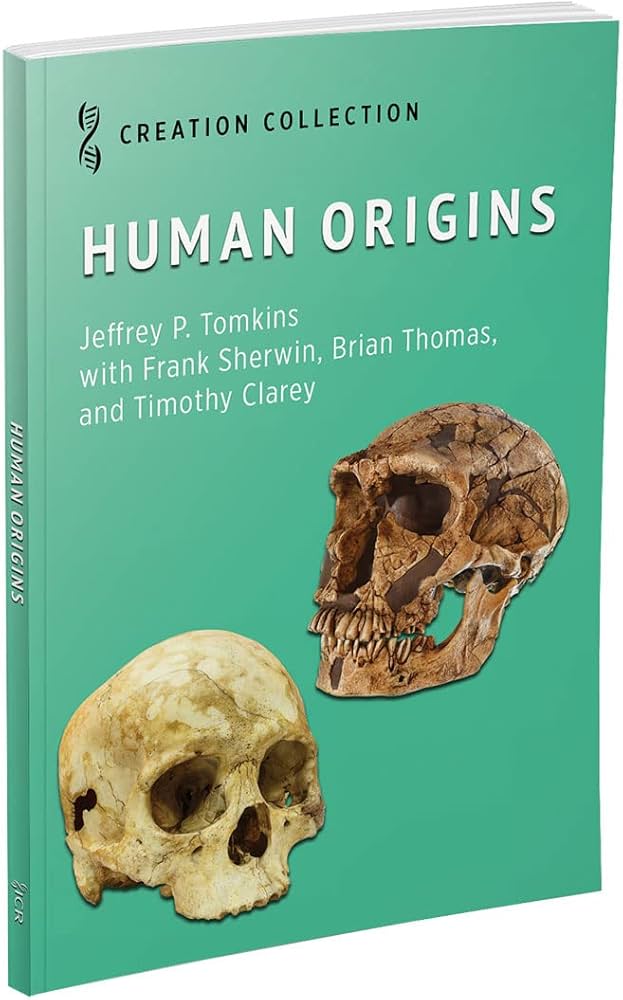Review by Margaret Helder
A just-retired forensic scientist, Dr. Mark Sandercock, has written an amazing book on scripture, science and current attitudes and customs in our modern society and how these compare to biblical revelation. The book is written for all interested Christians, but especially for those who may have doubts about six-day creation and need a little encouragement.
This work is divided into three sections. The first deals with Genesis 1-11. The second section deals with the evolution paradigm and how this does not compare favourably with what we see in nature, or indeed in scripture. The third section deals with several popular practices which plague our society, and why these customs are allowed and encouraged today when former generations did not allow anything of the kind.
The author’s position is that “if the Bible is true, and its claims about God, history, and our purpose are trustworthy, then the Bible is very relevant.” (p. 10) and “Even though we may not be able to understand everything, God still has created us with intelligence and a desire to know. God expects us to study the world around us (Psalm 111:2; Proverbs 25:2).” (p. 13) Thus, the author discusses what the early chapters of Genesis declare, and how this sheds light on the physical creation and on the totality of the Gospel message.
The contents of this book are impressive indeed. The author has read and referenced an amazing number of publications. For example, he consults many theologians, ancient and modern. His conclusion to this section is that Genesis 1-11 sets the foundation for the Biblical narrative (creation and fall) and a promise of redemption. These chapters also point to a longing for the restoration of all things.
The second section examines key claims of modern authorities on evolution. The author soon establishes that none of these claims has any validity. He firstly considers a long running bacterial experiment which is supposed to demonstrate evolution in action. It doesn’t. He next considers radiometric dating and the geological record. From there we go to evidences for a global flood (there is lots). He concludes this section with stories of popular scientific conclusions which later turned out to be wrong. He points out how attempts to harmonize the Bible with the Big Bang and evolution, actually rewrite the entire Biblical account into unrecognizable form.
The last section deals with idols, here defined as modern values, beliefs and customs which many people elevate in their lives and objectives over the Word of God. Thus science, politics, wealth, and prestige etc. can all function as idols if an individual values these things above one’s Christian faith. These idols include scientism, environmentalism and social practices which have become prevalent and popular in just the last few years. He firstly considers euthanasia. This section exhaustively considers the secular literature on each topic. The author provides alternative interpretations on these studies. For readers not closely interested in specific parts of these issues, they may prefer to move to the conclusions of each section such as pp. 284-289 under the heading Idolatry of the Will. The next section concludes with Idolatry of the Self (pp 338-342). Conclusion to the last section is Identity in Christ (pp. 417-422).
The author lastly discusses why we see such social disintegration (subtitle Consequences of a Self-created Identity pp.414-417). He declares that the objective of many today in education and elsewhere is to erase all memory of the past and replace it with new values and narratives which do not include religious faith of any kind. This is a very interesting interpretation of history that every concerned Christian should read. His conclusion about the consequences of such idols, ties the whole argument together. “True freedom is found in forgiveness through Christ and entering into a living relationship with our God, the Maker of heaven and earth.”
Some people may feel reluctant to read such a big book. Of course, you don’t have to read it all at once! For a start, dip into the sections that interest you the most. There is an index of Bible references which may encourage you to read one section or another first. The author writes in upbeat fashion, beginning each chapter with a personal vignette which definitely lures one on to read more! This is an important and exciting work which explains the message of Genesis 1-11 in winsome and clear fashion. Buy the book for your church or school library, your pastor or local politician, but especially for yourself!
Mark Sandercock. 2023. Foundation: a Biblical Worldview. Cavendish Laboratory Publication. 433 pp. Hardcover.
Order Online
Margaret Helder
December 2023
Subscribe to Dialogue






